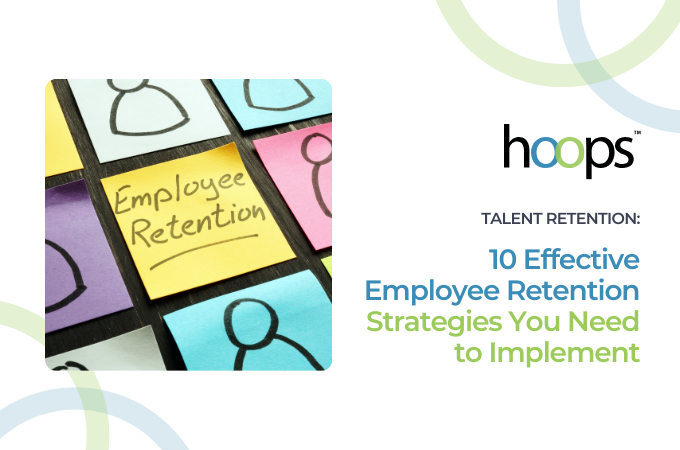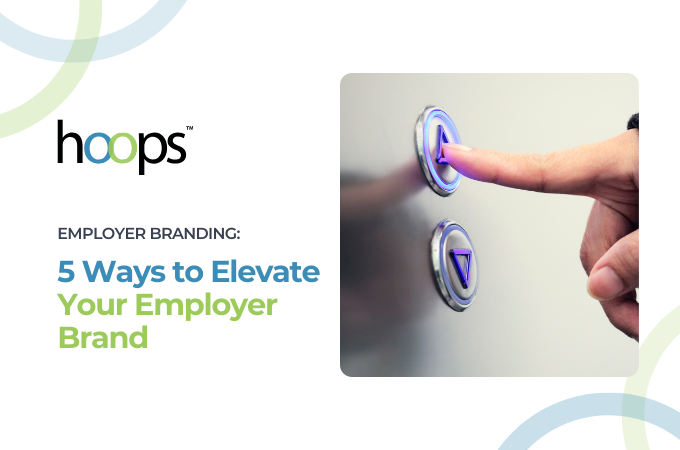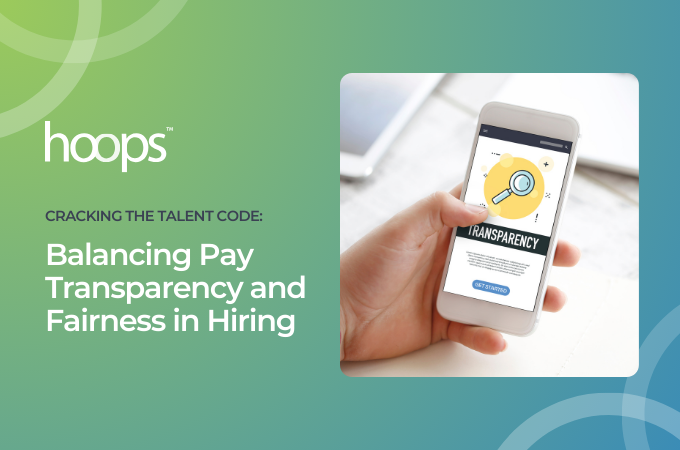As the job market rapidly evolves, companies that focus on "skills-first hiring" are seizing a competitive advantage in today’s fast-paced landscape. Traditional hiring practices often overemphasize degrees, titles, or past company affiliations. Skills-first hiring, however, zeroes in on a candidate's capabilities, hands-on experience, and competencies. This shift is more than just a 2024 hiring trend; it’s a transformative approach that drives productivity, enhances company culture, and broadens the talent pool—critical aspects for building a competitive, future-ready workforce.
What Is Skills-First Hiring?
Skills-first hiring is a recruiting approach that evaluates candidates based on their skills, relevant experience, and job-specific competencies, rather than traditional criteria like academic credentials or previous job titles. According to a 2023 LinkedIn Skills First report, this shift is already happening across industries, with 76% of hiring managers reporting a greater focus on skills over credentials in hiring decisions. As demand grows for hard-to-fill roles, particularly in technology, healthcare, and trade skills, employers are finding value in looking beyond the traditional talent pool.
This shift also resonates with changes in education: for example, trade schools and vocational programs are increasingly popular as candidates gain valuable skills outside conventional college pathways. By embracing this trend, employers gain access to qualified talent that can add immediate value to their teams.
Why Employers Should Prioritize Skills-First Hiring
- Improved Productivity and Efficiency
One of the clearest advantages of skills-first hiring is that it enables companies to find candidates who can immediately contribute to the team. A recent study by the Harvard Business Review found that 74% of companies that adopted skills-first hiring reported improvements in productivity. By focusing on competencies directly relevant to the job, companies can reduce the need for extensive training, resulting in quicker onboarding and faster time-to-productivity. - Significant Cost Savings
The costs of hiring and retaining candidates with premium degrees or prestigious titles can be high. According to the Society for Human Resource Management (SHRM), a bad hire can cost a company as much as five times the employee’s annual salary, due to factors like extended onboarding, turnover, and lost productivity. Skills-first hiring, by contrast, enables organizations to bring on candidates who are often more aligned with practical, everyday job requirements—potentially at a more sustainable cost. - Enhanced Company Culture and Diversity
Skills-first hiring fosters inclusivity, as it reduces barriers for talented individuals from underrepresented backgrounds. Research by LinkedIn reveals that companies with skills-based hiring practices report a 33% higher rate of gender and ethnic diversity. Why this matters is that “diverse companies are shown to be 35% more likely to outperform their peers," according to McKinsey. This approach not only diversifies the workforce but also supports a culture of meritocracy where contributions and performance are valued above all else. Diverse teams, in turn, drive innovation and foster a collaborative workplace culture. - Agility and Adaptability in an Evolving Workforce
As technology evolves, many job roles require new skills that were not part of traditional education. A report by PwC indicates that 77% of CEOs say a shortage of key skills is a significant threat to their business growth. Skills-first hiring addresses this gap by focusing on candidates with specialized expertise, even if gained through non-traditional education paths. This adaptability is particularly important for industries where skills needs are rapidly changing.
Balancing Skills with Culture Add and Adaptability
While skills-first hiring brings essential competencies to your team, it's crucial to prioritize culture add and adaptability as well. Instead of simply seeking candidates who "fit" the existing culture, focusing on those who align with your company's core values and bring fresh perspectives can be even more impactful. Skills can be taught, but qualities like work ethic, a growth mindset, and a positive attitude are harder to instill—and ultimately, they can make or break a successful hire.
In fact, hiring someone who aligns with your values and brings a unique cultural contribution—even if they lack certain technical skills—can be a wise investment. Such individuals are often quick learners, highly motivated, and more likely to stay with the company longer, reducing turnover costs. They contribute positively to team dynamics, foster a cohesive work environment, and adapt readily to new challenges. This balance ensures you're not just filling a position but strengthening your organization with people who will grow with you.
How to Implement Skills-First Hiring in Your Organization
- Update Job Descriptions to Focus on Competencies
Modern job descriptions should emphasize the specific skills and competencies required for success in the role, rather than degrees or years of experience. For example, a finance role could specify “proficiency in budgeting software” over “Bachelor’s degree in Finance.” LinkedIn’s data shows that candidates are 27% more likely to apply for a position if skills are highlighted over academic requirements. - Leverage Skills Assessments in the Hiring Process
Skills assessments provide a concrete way to evaluate candidates' competencies. Tools like simulations or project-based tests can reveal a candidate’s true potential beyond what’s shown on a resume. The National Bureau of Economic Research found that skills assessments can reduce hiring bias and improve the likelihood of a candidate thriving in their role. - Embrace Upskilling and Continuous Learning
Upskilling not only boosts employee satisfaction but also strengthens the team’s capabilities, ensuring the organization remains competitive. According to PwC, companies that actively support employee learning are 50% more likely to retain high-performing employees. - Adopt AI and Technology for Targeted Hiring
AI tools can automate the process of identifying skills and competencies in candidate applications, saving time and resources while ensuring a closer match between candidate skills and job requirements. A report by McKinsey suggests that companies leveraging AI in recruitment see a 23% improvement in hiring success due to better alignment with skill-based criteria. - Partner with Trade Schools and Alternative Education Programs
Collaborating with trade schools, coding boot camps, and vocational programs helps companies connect with skilled graduates who are ready to enter the workforce immediately. As more candidates gain valuable skills outside of traditional academic paths, partnerships like these will provide companies with a steady pipeline of qualified talent.
Why Skills-First Hiring is Essential for Future-Ready Companies
Companies that embrace skills-first hiring are building a resilient, adaptable, and highly skilled workforce ready for future challenges. From significant cost savings and increased productivity to a more inclusive culture and better retention rates, the benefits of skills-based hiring are undeniable. Organizations that prioritize this approach are not just hiring for the present—they’re building teams prepared for what’s to come. By adopting a skills-first mindset, companies can secure the talent they need, drive long-term growth, and establish a competitive advantage.
Ready to build a future-ready workforce? At Hoops, we empower organizations to find talent that fits both culturally and skill-wise, setting you up for success.
Simplify hiring. Amplify growth. Visit us at hoopshr.com or call 877-262-7358 to learn more!
#yourbesthire







